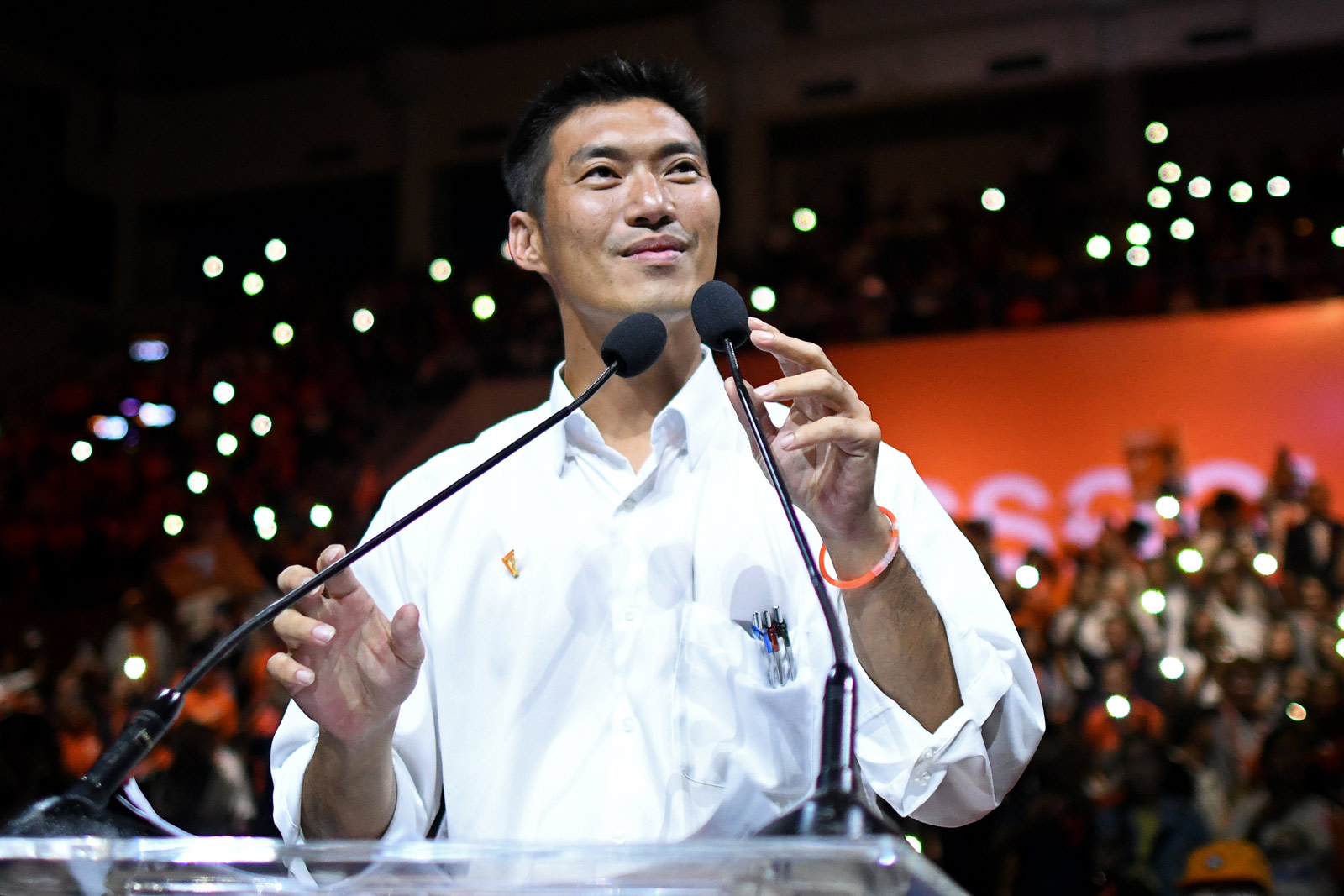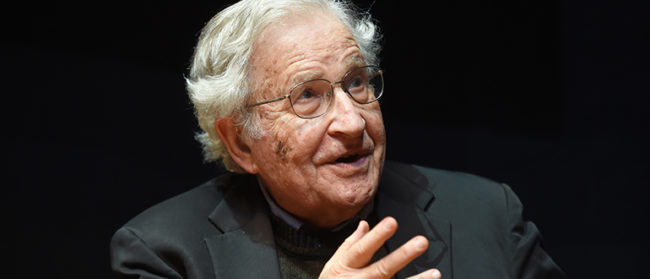Editor’s note: Future Forward Party has been dissolved by the Thai Constitutional Court in a Feb.21 decision. The court ruled Mr. Thanathorn had broken political finance laws by providing 191.2 million baht ($6.1 million) to fund his party’s election campaign last year. Mr. Thanathorn has contested this money was loaned, not given, to the party, but the court rejected this classification.
Thanathorn Juangroongruangkit, the 41-year-old embattled leader of opposition group the Future Forward Party (FFP), has taken Thai politics by storm over the past two years. A charismatic figure who amassed his multi-million dollar personal fortune in the business world, Thanathorn’s FFP charged to a third-place finish in last year’s national election, winning over six million votes to secure a total of 81 seats in the legislature.
However, the progressive opposition party had little time to celebrate before coming under fire from the national Election Commission and Constitutional Court – the latter in November barring Thanathorn from taking his elected seat in parliament. He stood accused of breaching election rules by owning shares in a media company when running in the March 2019 national polls, sedition for his role in 2015 anti-junta protests, and computer crime for criticising the military regime on Facebook in 2018.
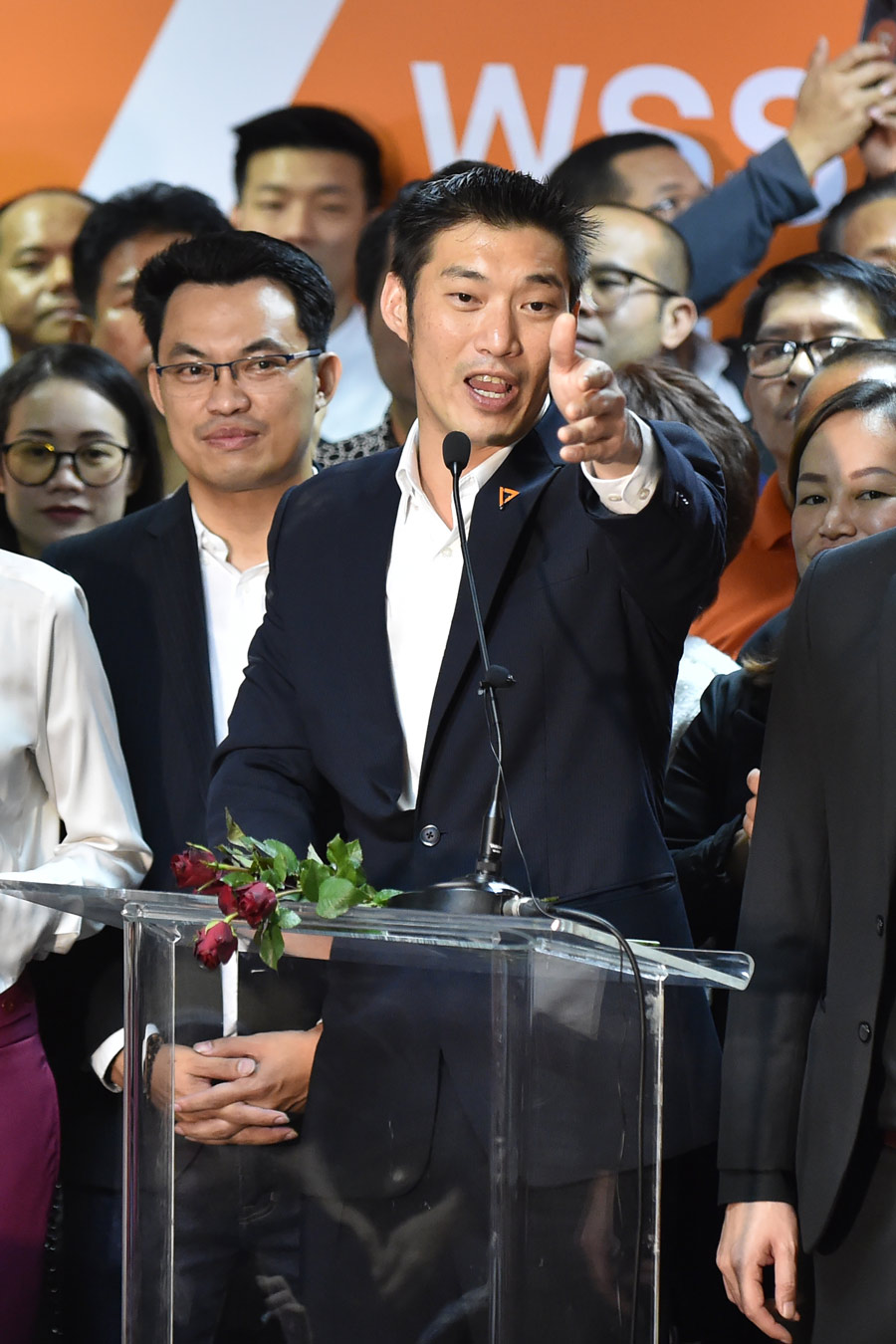
He has dismissed the charges as politically motivated, a means to halt the growth of his burgeoning movement. Both FFP as a party and Thanathorn individually have advocated for a total overhaul of Thailand’s 2017 constitution, a charter drafted by the military junta. Though the electorate approved the constitution in a 2016 referendum, critics say it has created a political structure rigged to favour the military-backed establishment.
Today, FFP is facing the imminent threat of total dissolution yet again in another case set for a February 21 ruling. Thanathorn stands accused of breaking Article 66 of party finance laws by providing 191.2 million baht ($6.1 million) to fund his party’s election campaign last year, though he contests he loaned the money not donated it – a crucial distinction in its legality.
Late last week, Thanathorn spoke with Southeast Asia Globe while on his way to a meeting in parliament about these legal troubles and his party’s futures plans.

I don’t think we’re reaching that point yet. I wonder if there will be a day we say enough is enough. We’re still keeping the fire burning. As of now, there are some 29 cases against me, the leadership of the party and against the party itself. These 29 cases – some are in the Election Commission, some are in Constitutional Court, some at the hands of police and some at hands of attorney generals. There are different charges at different levels.
We believe in two things here: One, our evidence. We believe these cases are politically motivated, their aim is to discredit us, destroy our party. Second, we believe the objective of this case is to distract us. We spend a lot of time, energy, resources, financial or otherwise, to handle these cases. We have to hire lawyers, spend a huge amount of time to prepare documents, to fight against these cases. So I think the aim is to make us lose focus on what we should have been doing. As an opposition party, we should spend time and energy to monitor management of administration, but we’re not spending our time effectively on that front. The reason is we need to spend maybe five, six hours a week preparing to fight these charges.
It’s lawfare.

Let me elaborate more on this. There is no due process here. We don’t receive justice through a normal justice system. About a month ago, we got a bunch of documents leaked from the Election Commission insiders. In those leaked documents, it says there are two investigation committees appointed by the Election Commission to investigate this case.
The investigating committees said the cases should be withdrawn, [they] should not proceed. But the Election Commission, as we believe they’re politically motivated, set up a third committee that found FFP is guilty of violating Article 66 [of the 2017 Constitutional Act on Political Parties]. Then, they inserted one more charge, Article 72, without notifying us. The reason they inserted it in the third investigation is that Article 72 can lead to dissolution of a party.
I think sometime later this year, perhaps as early as March, you’ll see a demonstration led by me or otherwise. You can’t stop the anger of the people, and when the government is not responsive to their needs, people rise up
Article 72 stipulates that if a party receives dirty money, if it’s coming from drug dealings or gambling, illegal transactions, if you take the money from those transactions, the party is guilty. [But mine is not] and everyone can check this, it’s legitimate. We should have been notified of what charges we were being accused of. In this case, we knew we were being accused of Article 72, but we came to know this at the same time the public was made aware of this, which is wrong.
We’re honest, we want to be transparent. The loan has a clear contract – I’m not giving this money for free to the party. We believe in our innocence and we believe from the bottom of our hearts that [we did nothing wrong]. If we’re found guilty of this and our party is dissolved, the struggle will continue. Our MPs will be moved to a new house, a new political party that has been prearranged. There will be a new political party that stands for the same ideology – we’ll fight for human rights, we’ll fight to uphold democracy in this country, only with a new banner.
And at the same time, Piyabutr [FFP Secretary-General] and I, the other people who have been disqualified from politics because of Article 72, we will continue our political journey as a social movement, we’ll build a new one outside the parliament. If they dissolve our party, there will be two paths running in parallel – one is a new party in parliament, running under a new name but the same ideology, and the second is a social movement run by me and Piyabutr.
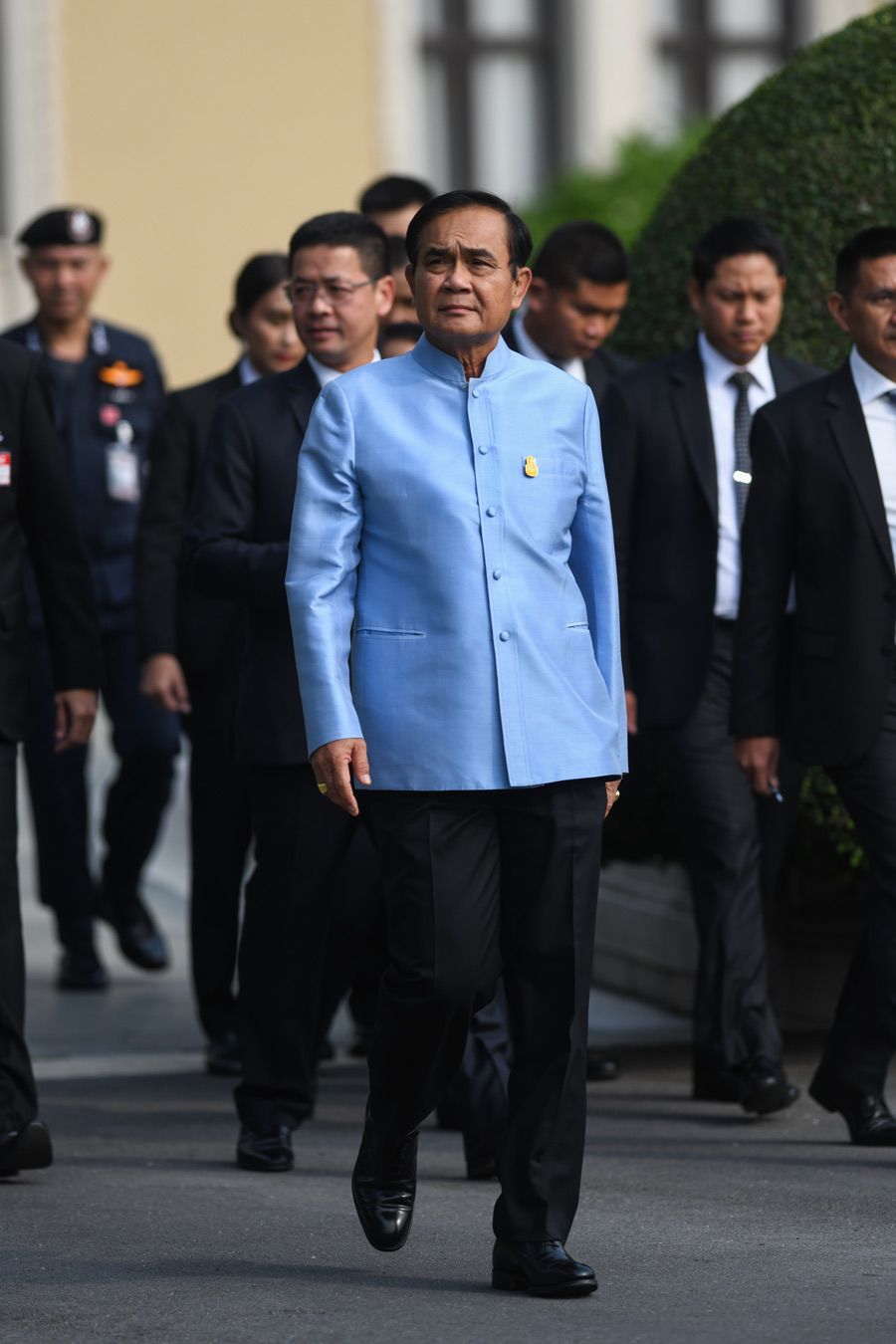

If I tell you, they’re going to dissolve this party before we can move into it.

There are times that we felt discouraged. We felt down. And that support from the people that we’ve gotten over the years is what keeps us going. We realise that over our shoulders we’re carrying the whole of the people, it’s not our fight alone, but there are so many millions behind us.
When I take a taxi these days, some of them say they don’t want to collect my money, I’ll let you ride for free. I went to the coffee shop the other day and they said it’s free, it’s on the house. I was driving on the tollway and people said they’d pay for it. Popular support is what keeps us going. It’s what is telling us we’re doing the right thing, that people support us. We’re stronger than ever.

I cannot say, we’re not the power to give the verdict, there’s no way. We’re just prepared and we have plans to deal with all the scenarios. I cannot say for sure if we’re going to be dissolved or survive, there is no certainty in that.

The objective of this constitution is pretty simple; to maintain the power of the junta. There’s no democracy here, no participation of the people here. There is no balance of the powers between the executive, legislative and judicial [branches]. There’s no balance, no check mechanisms. It’s clear that this constitution protects the three powers. This isn’t an option for Thai society – we have to amend the constitution. This is mandatory. If you want to democratise Thailand, to transition to democracy in a way that is sustainable and possible, you have to amend the 2017 constitution.
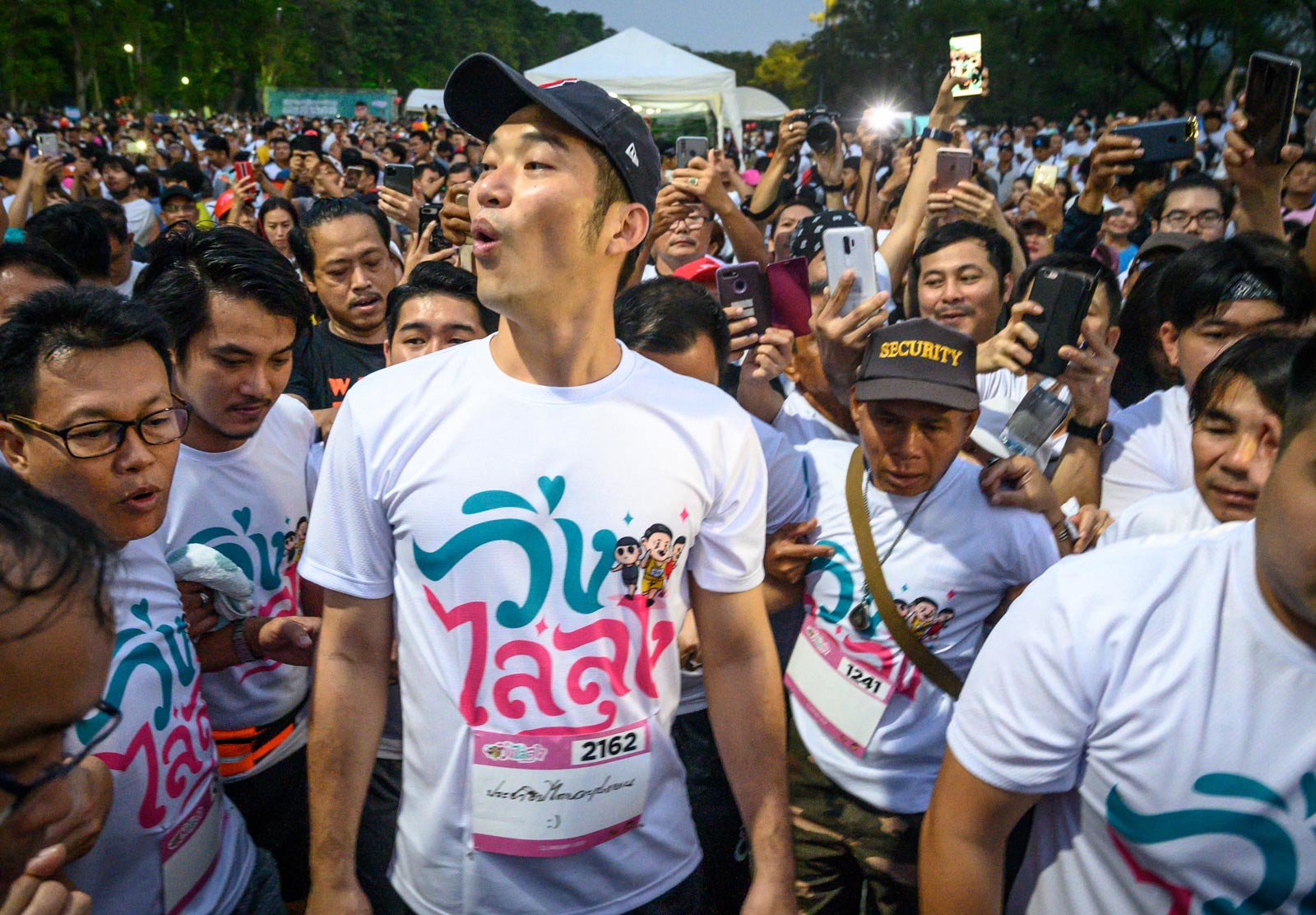
Let me emphasise this. The right to assemble is a basic right. There’s nothing wrong with expressing your political opinions on the street. It’s pretty simple, in democracies around the world, this is a basic right. So I don’t see anything wrong with doing that and I believe the anger of the people, the disappointment of the people, in the current administration is high. The need for change is real – you can’t stop this, it will happen. I think sometime later this year, perhaps as early as March, you’ll see a demonstration led by me or otherwise. You can’t stop the anger of the people, and when the government is not responsive to their needs, people rise up – that’s normal. I suspect the role of the people will be bigger in the remainder of 2020.
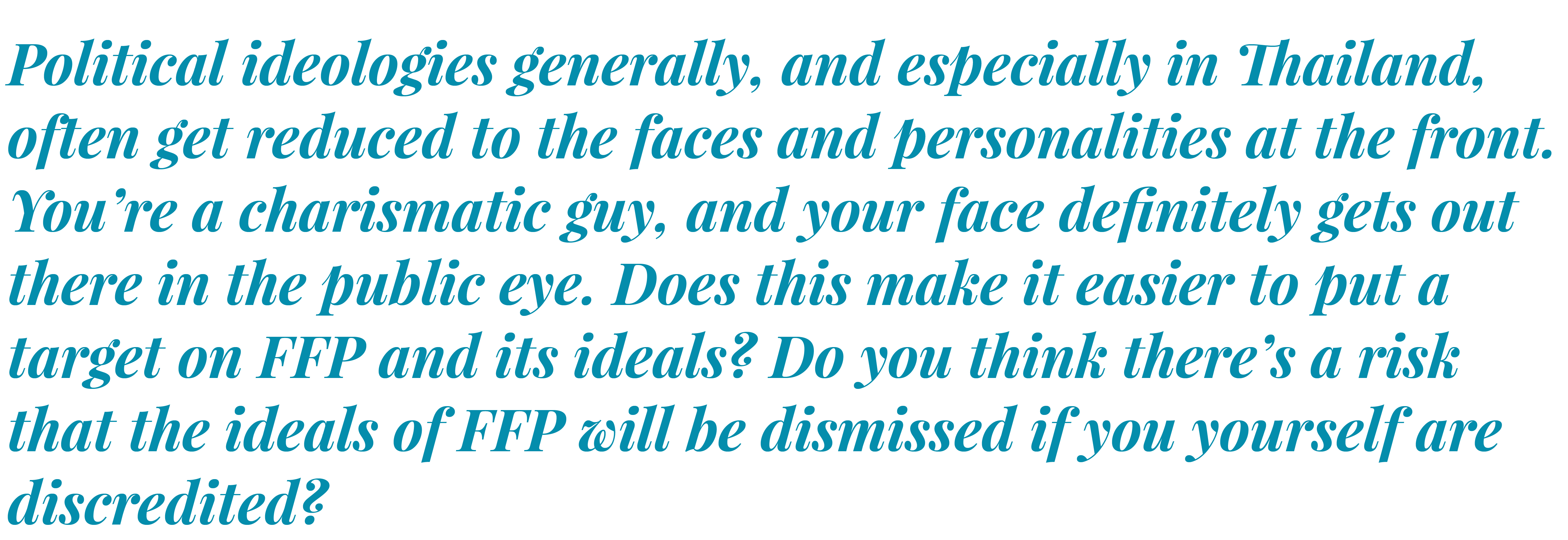
In the beginning, you need a leader to ignite the fire. But I think the fire is there now, and even if you get rid of me, you can’t put it out. I genuinely believe that eventually we will win, that eventually the power of the junta will be eliminated. Why? There’s nobody supporting the junta anymore. Look at their age, the deputies, the generals, they’re what – 70, 74? There’s no clear succession plan, and the people aren’t accepting that. I think the last point, which might arguably be the most important point, is that we’re winning the war of ideas. Thailand is at a crossroads. One way is to accept the old regime, and the other is to bring back democracy, human rights and the rule of law. Which way are we going to go?
This is probably the most decisive front. This is the most decisive battle. If you win the war of ideas – if you can convince the public at large that the best way for our future, our children, is to choose the path of democracy – then you win other battles. You win elections. You win the war on social media. We’re gaining ground on this. Not as Future Forward Party, but as ideology, we’re gaining ground on this. I have no doubt that in three years, five years, we’ll win eventually.

When I talk about this, I go to three Ds: Democratisation, demilitarisation and decentralisation. The first, democratisation, means a new constitution drafted by the people. Demilitarisation means we bring the military under the rule of the civilian government, the power of which must be above that of the generals. Decentralisation means decentralising power away from Bangkok, because Bangkok has been controlling the rest of the country for too much and too long. When it comes to fiscal independence, local autonomy, you need to decentralise, as decentralisation gives people the right to choose their own future.

We welcome international support. A little bit here or there would help. The public space is shrinking, physically and otherwise. If we want to organise a public gathering in Bangkok, we cannot do it. They refuse to allow us to conduct ourselves in public, at universities, in parks. The space is shrinking hugely and we can feel it. There’s no way I can organise a public gathering without being charged criminally.
Calls to protect basic human rights are essential, so we appreciate international help and support. However, I have to say, we understand full well that the decisive factor is domestic. In order to build a sustainable democracy, the push for change has to mainly come from domestic movers. At the end of day, it’s the burden of Thai people.

(Laughs) Yeah, that’s the consequence of your actions. You can choose to do it or not to do it. The choice is up to us. When we called for a gathering in December, thousands came and the next day I was charged for organising a public gathering. But we’re not afraid. We believe somehow that this is a joke. You’re going to jail me for this? Seriously? If you’re going to jail me for this, then let’s do this, I’m prepared. So we’ll continue to do this. We’ll organise public gatherings when the situation requires.
This interview has been edited for length and clarity.
